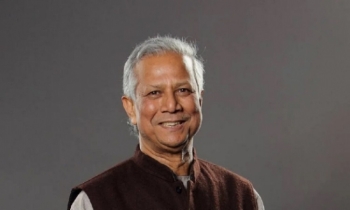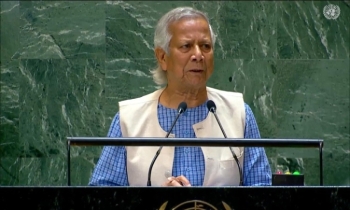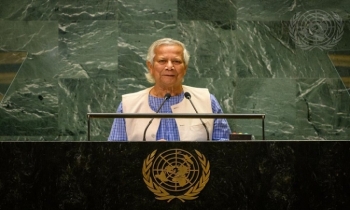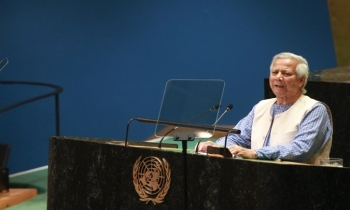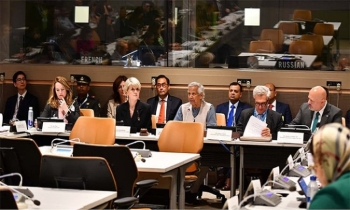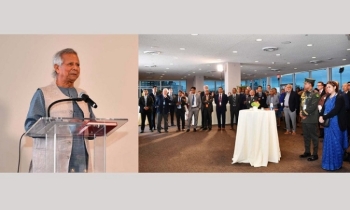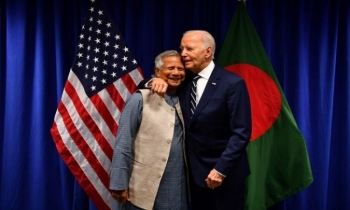Bangladesh eclipses India in global sustainable competitiveness
BI Report || BusinessInsider
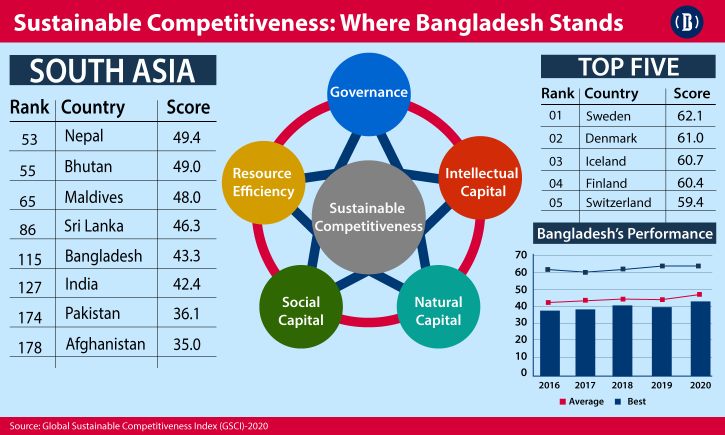
Bangladesh in the Global Sustainable Competitiveness Index (GSCI)-2020
When it comes to utilising own resources in an efficient manner, Bangladesh has outperformed neighbouring India in the Global Sustainable Competitiveness Index (GSCI)-2020.
With a score of 43.3 points, Bangladesh is even well ahead of Pakistan (36.1) and Afghanistan (35.0) in South Asia.
Bangladesh is currently in the 115th position out of 180 countries in the global index published by SolAbility – a sustainable intelligence think-tank – on Friday.
However, the country is still far behind Nepal (53rd), Bhutan (55th) and the Maldives (65th).
Sustainable competitiveness is “the ability to generate and sustain inclusive wealth without diminishing the future capability of sustaining or increasing current wealth levels”, according to the GSCI index.
In simpler terms, countries that develop wealth without jeopardising the resources remained at the top position in the index.
This year, Bangladesh moved 17 steps ahead, gaining 4.2 points more than last year, by showing a significant improvement in using the resources more efficiently than ever before.
India, on the other hand, moved only three steps, finishing at the 127th position with 42.4 points.
The Global Sustainable Competitiveness Index considers key points such as the natural capital, resource intensity, intellectual capital, social capital and governance while coming up with the index. These are called sub-index.
Bangladesh scored 40.1 points in natural capital sub-index, where the availability of natural resources and the level of depletion were taken into consideration. The average score of all 180 countries in this category was 46.7 this year.
In this crucial category, Bangladesh is far below the average score in the availability of freshwater and forest area categories.
In the resource intensity sub-index, where Bangladesh truly shined, it scored 60.8 points and went as far as the 19th position among all 180 countries. The average score in this category was 49.4 this year.
In intellectual capital, Bangladesh again fell hard, scoring only 19.9 against an average score of 41.2.
In social capital, the country stayed close to the average score of 44.3 by scoring 41.5 points.
Surprisingly in the governance sub-index, Bangladesh secured 54.2 points against the average 50.2 points. It was ranked 21st among the countries. This category mainly measures the performance in core state areas in terms of infrastructure, market and employment structure, corruption, and resource allocation.
Looking globally, Sweden topped the GSCI for the fifth consecutive year, followed by Iceland, Denmark, Finland and Switzerland.
The United Kingdom ranked 15, while the US and China were placed in 32 and 39 positions respectively.
North-East Asian countries, such as South Korea, Japan, and China dominated the intellectual capital sub-index, while the Scandinavian countries topped the social capital sub-index.


